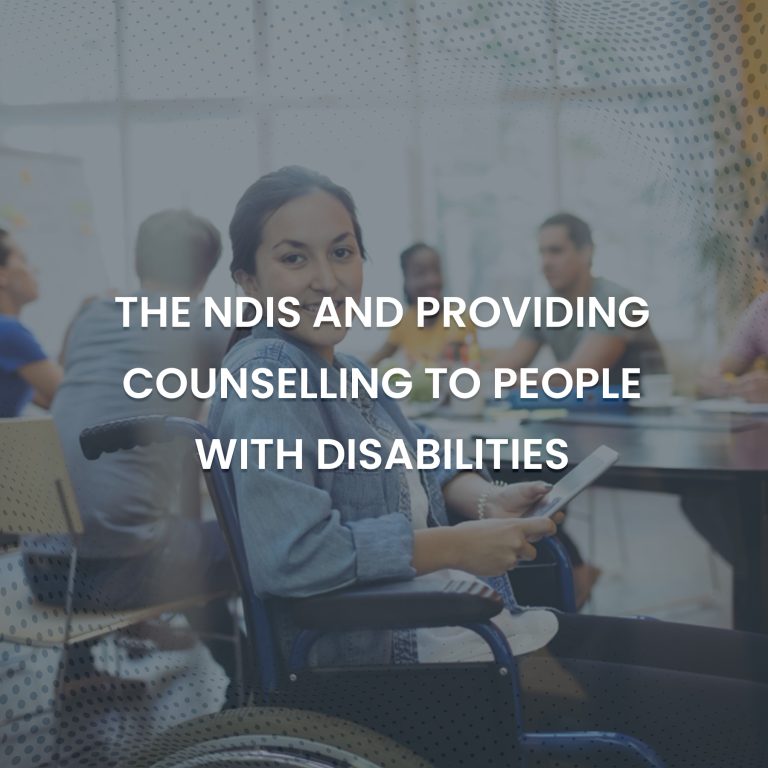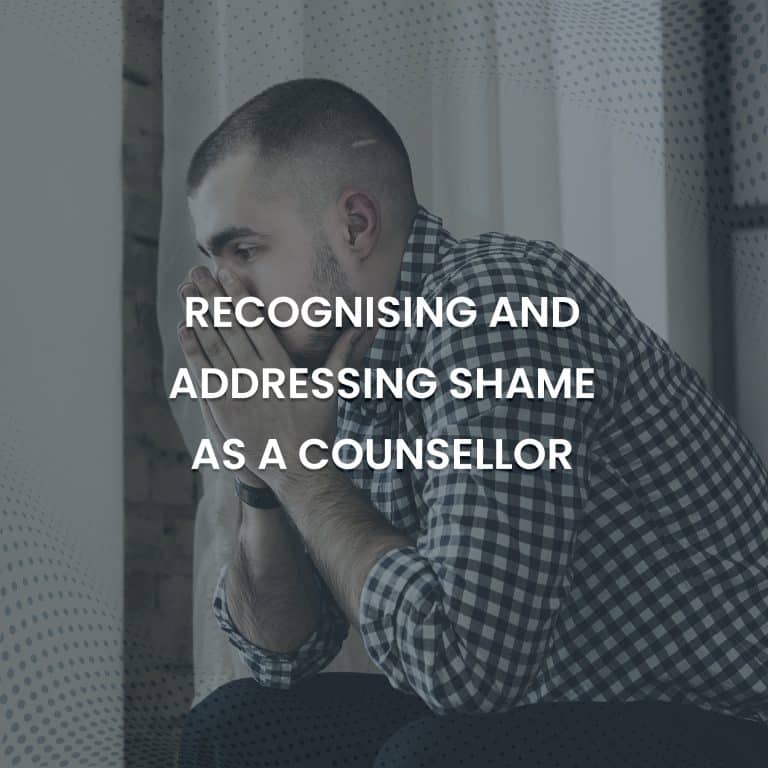Tips to build up the counselling relationship
For counselling to be successful, it requires the client to share their experiences and behaviour honestly. Ideally, the counselling relationship is a close and trusting one that allows this to happen. However, many clients are used to concealing and avoiding the things that need to be discussed. And of course, it takes time to build…




























